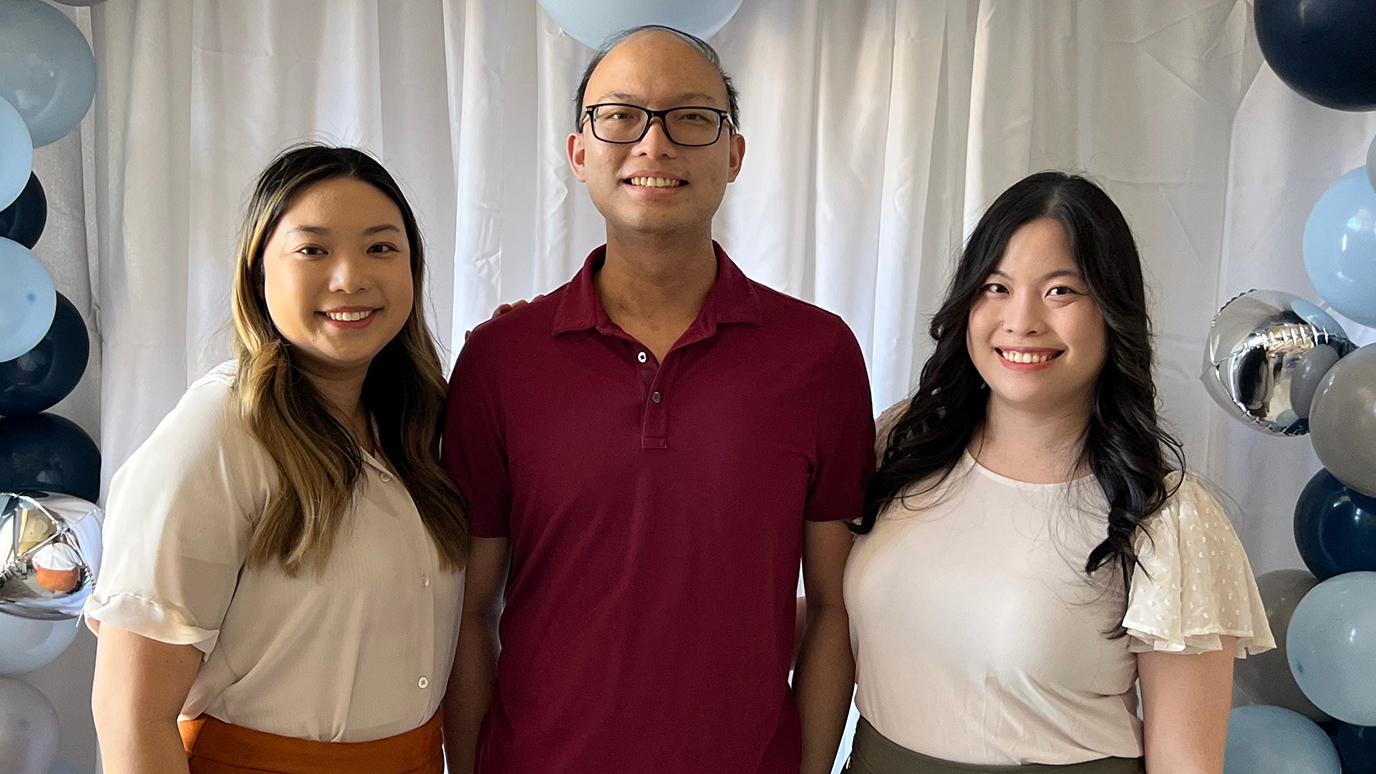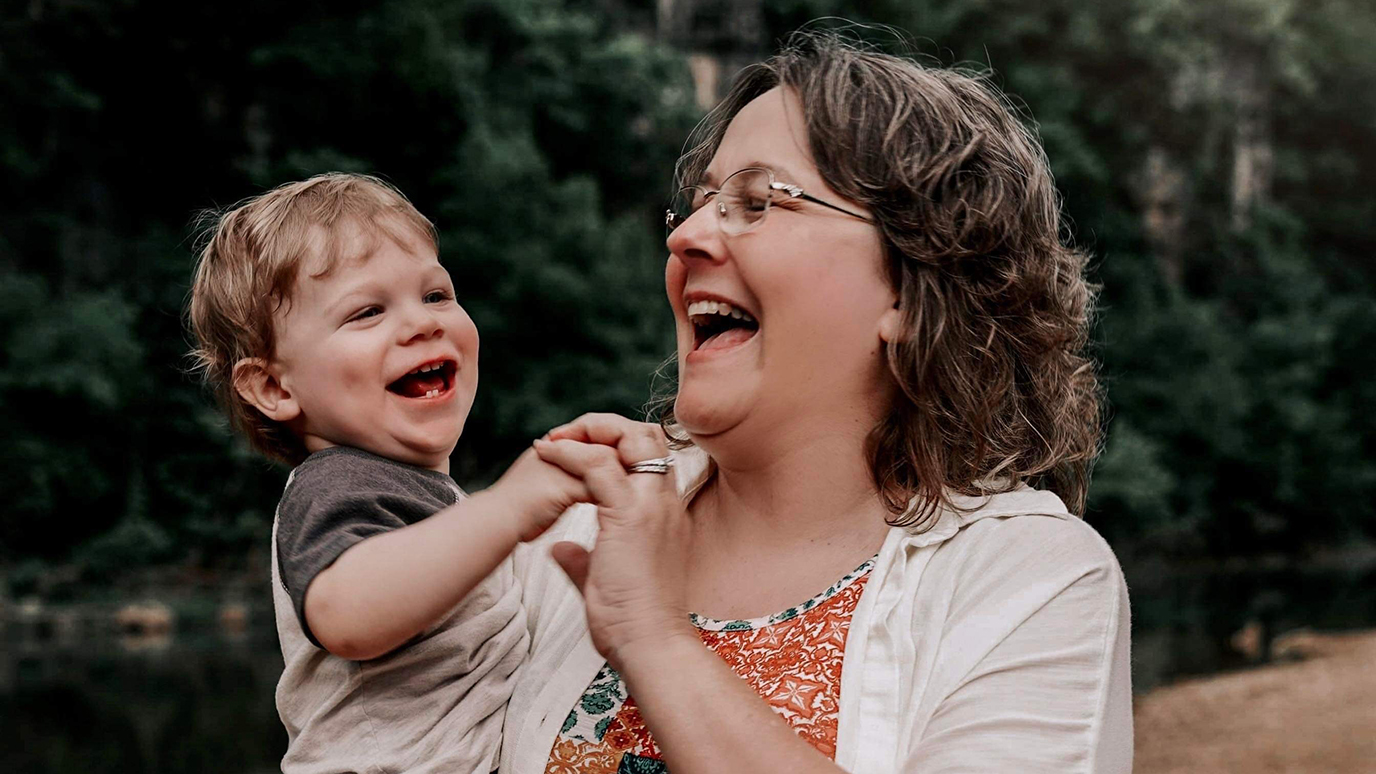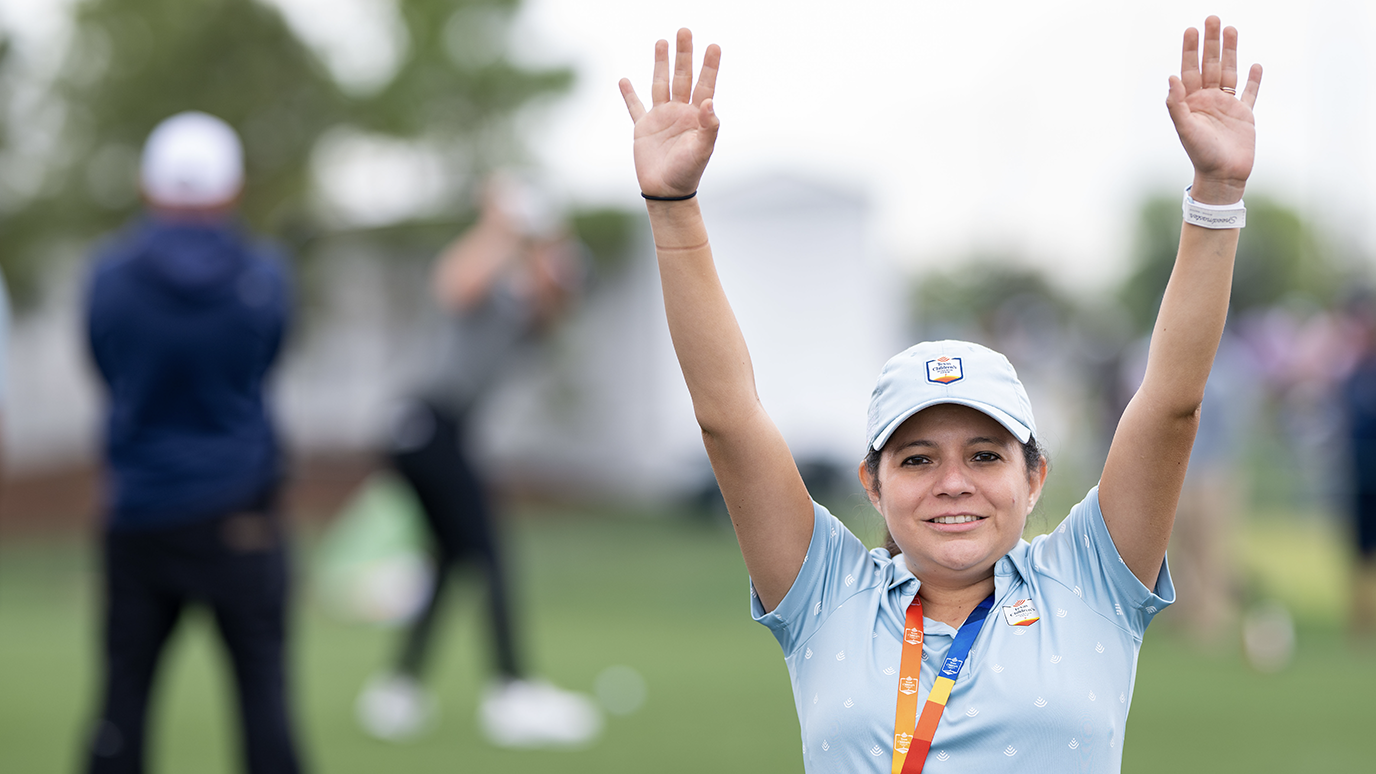- Diseases
- Acoustic Neuroma (14)
- Adrenal Gland Tumor (24)
- Anal Cancer (66)
- Anemia (2)
- Appendix Cancer (16)
- Bile Duct Cancer (26)
- Bladder Cancer (68)
- Brain Metastases (28)
- Brain Tumor (230)
- Breast Cancer (716)
- Breast Implant-Associated Anaplastic Large Cell Lymphoma (2)
- Cancer of Unknown Primary (4)
- Carcinoid Tumor (8)
- Cervical Cancer (154)
- Colon Cancer (164)
- Colorectal Cancer (110)
- Endocrine Tumor (4)
- Esophageal Cancer (42)
- Eye Cancer (36)
- Fallopian Tube Cancer (6)
- Germ Cell Tumor (4)
- Gestational Trophoblastic Disease (2)
- Head and Neck Cancer (6)
- Kidney Cancer (126)
- Leukemia (344)
- Liver Cancer (50)
- Lung Cancer (288)
- Lymphoma (282)
- Mesothelioma (14)
- Metastasis (30)
- Multiple Myeloma (98)
- Myelodysplastic Syndrome (60)
- Myeloproliferative Neoplasm (4)
- Neuroendocrine Tumors (16)
- Oral Cancer (100)
- Ovarian Cancer (170)
- Pancreatic Cancer (164)
- Parathyroid Disease (2)
- Penile Cancer (14)
- Pituitary Tumor (6)
- Prostate Cancer (144)
- Rectal Cancer (58)
- Renal Medullary Carcinoma (6)
- Salivary Gland Cancer (14)
- Sarcoma (234)
- Skin Cancer (296)
- Skull Base Tumors (56)
- Spinal Tumor (12)
- Stomach Cancer (60)
- Testicular Cancer (28)
- Throat Cancer (90)
- Thymoma (6)
- Thyroid Cancer (98)
- Tonsil Cancer (30)
- Uterine Cancer (78)
- Vaginal Cancer (14)
- Vulvar Cancer (18)
- Cancer Topic
- Adolescent and Young Adult Cancer Issues (20)
- Advance Care Planning (10)
- Biostatistics (2)
- Blood Donation (18)
- Bone Health (8)
- COVID-19 (360)
- Cancer Recurrence (120)
- Childhood Cancer Issues (120)
- Clinical Trials (626)
- Complementary Integrative Medicine (24)
- Cytogenetics (2)
- DNA Methylation (4)
- Diagnosis (230)
- Epigenetics (6)
- Fertility (64)
- Follow-up Guidelines (2)
- Health Disparities (14)
- Hereditary Cancer Syndromes (124)
- Immunology (18)
- Li-Fraumeni Syndrome (8)
- Mental Health (118)
- Molecular Diagnostics (8)
- Pain Management (62)
- Palliative Care (8)
- Pathology (10)
- Physical Therapy (18)
- Pregnancy (18)
- Prevention (898)
- Research (390)
- Second Opinion (74)
- Sexuality (16)
- Side Effects (604)
- Sleep Disorders (10)
- Stem Cell Transplantation Cellular Therapy (216)
- Support (404)
- Survivorship (322)
- Symptoms (184)
- Treatment (1774)
BIA-ALCL patient shares advice for patients with rare cancers
3 minute read | Published January 28, 2021
Medically Reviewed | Last reviewed by an MD Anderson Cancer Center medical professional on January 28, 2021
My road to MD Anderson for breast implant-associated large cell anaplastic lymphoma treatment (BIA-ALCL) had lots of ups and downs. And, honestly, there were mostly downs before I arrived at MD Anderson: a misdiagnosis, an ICU stay for septic shock, a few periods of watching and waiting in which the cancer grew.
Eventually, I decided to seek care at MD Anderson and spoke to plastic surgeon Mark Clemens, M.D., one of the world’s leading experts on BIA-ALCL, a rare type of cancer associated with textured breast implants.
Not only did Dr. Clemens and the rest of my care team provide the care I needed to beat cancer, but they also listened to my concerns and took my views into consideration.
After many years of treatment for breast implant-associated large cell anaplastic lymphoma, I’ve learned a few things about coping with a rare cancer. Here’s my advice for other patients with rare cancers.
Choose a care team that will explain your cancer to you
When I first came to MD Anderson, I met with my oncologist, Nathan Fowler, M.D. He was the first doctor who took the time to explain my cancer to me. Before, I had had no idea what I was dealing with. After talking with him, I understood.
That inspired me to learn more. I did tons of research online, learning everything I could. In October 2019, I attended the first World Consensus Conference on BIA-ALCL. It was exciting to see Dr. Clemens was leading this effort, and, moreover, it was empowering to arm myself with the very latest information in research and treatments.
Find doctors who listen to you
Following my recurrence, Dr. Fowler recommended that I undergo chemotherapy, but after breast cancer treatment, I’d sworn I would never do chemotherapy again. At the conference in Rome, I had learned about a new type of immunotherapy treatment that researchers thought might be effective in treating BIA-ALCL.
I brought it up with Dr. Fowler. He was skeptical initially. He didn’t think it would be aggressive enough. But after discussing it with a group of doctors at MD Anderson, it was determined that I could move forward with the treatment.
By June, I was in total remission. All the while, I was so grateful that Dr. Fowler listened to me and my wishes. I was proud to beat cancer on my own terms.
Never settle for less than the best treatment
Now I return to MD Anderson for PET scans every three months. This past year, I’ve traveled from Illinois and Arizona, where my family recently relocated, for my appointments. It’s important to me to have MD Anderson’s expertise.
While I was initially worried about traveling during the COVID-19 pandemic, it’s worth it. I’ve felt very safe at MD Anderson. They’ve always taken the best care of me and continue to do even so during these difficult times.
I’m looking forward to putting cancer treatment behind me, but after such a long cancer journey with so many ups and downs, I know research and advocacy will always be a part of my life.
Request an appointment at MD Anderson online or by calling 1-866-266-3715.
Related Cancerwise Stories

They’ve always taken the best care of me and continue to do even so during these difficult times.
Roxane Vermeland
Survivor





